Noticias desde la cubierta – Abril 2018
 Abril 2018
Abril 2018
Descargue el boletín
Sign up!
Sign up to receive 'News from the Deck' newsletter in your preferred language on a monthly basis.
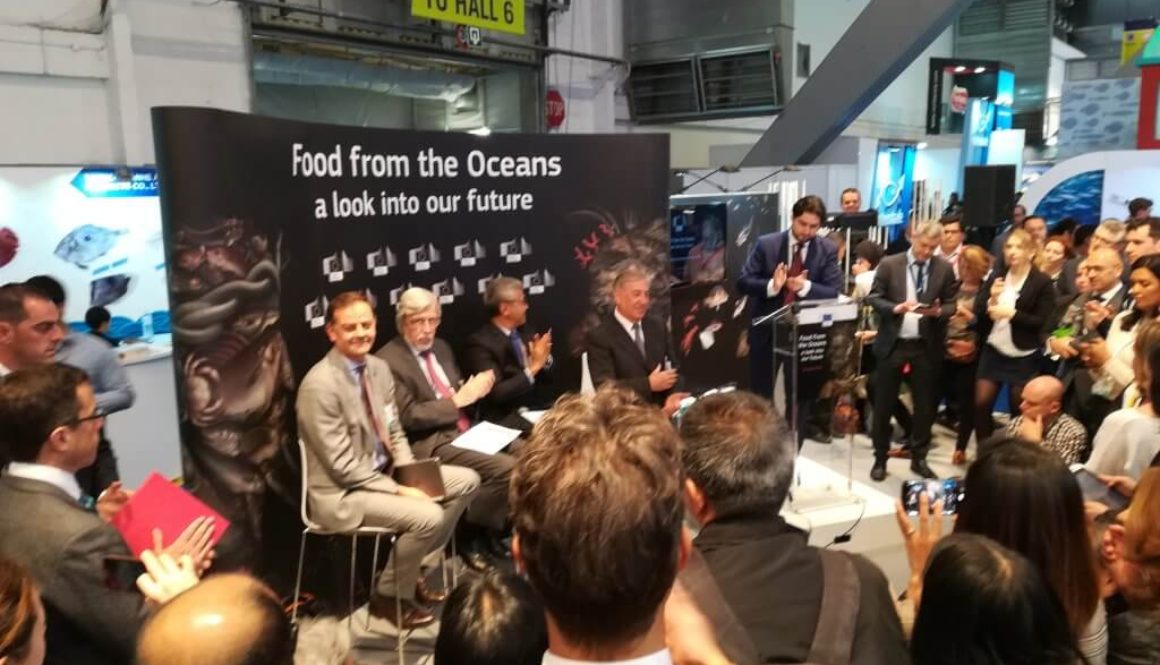
 Abril 2018
Abril 2018
Sign up to receive 'News from the Deck' newsletter in your preferred language on a monthly basis.
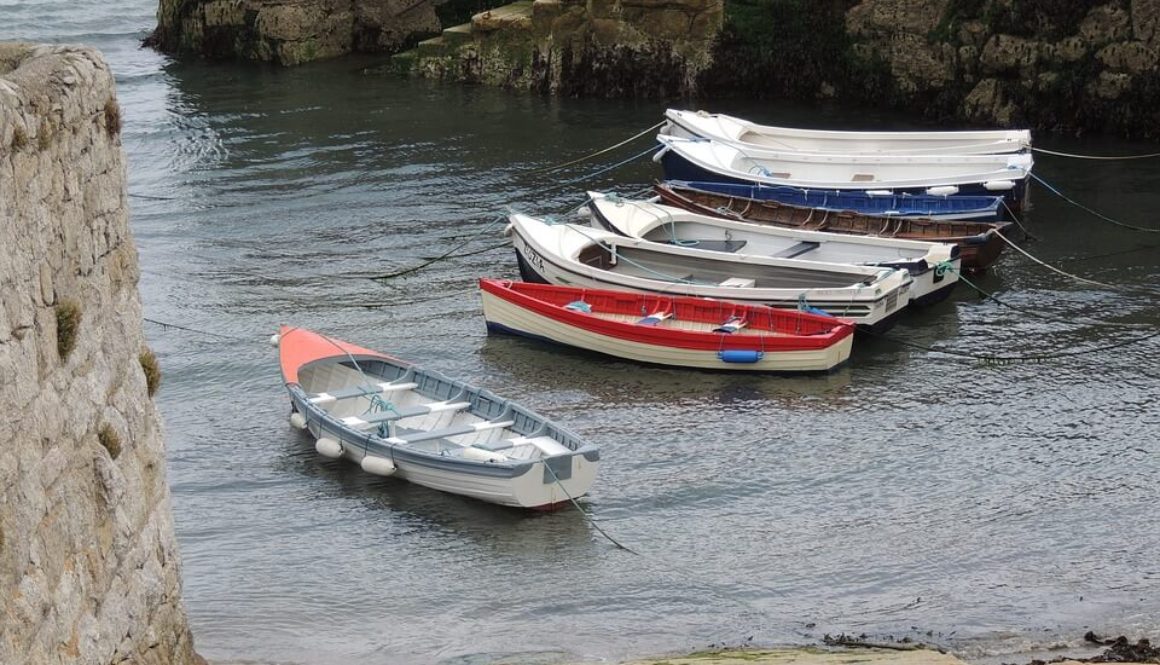
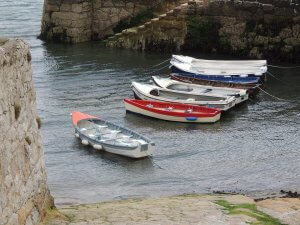
Ireland, 17th May 2018
LIFE members from Ireland – the Irish Islands Marine Resource Organisation (http://www.iimro.org/) – launch a campaign to ask decision-makers to support a groundbreaking Heritage License Bill that would allow to allocate a small percentage of the Irish national quota to the islands’ fishers, thus preventing island populations from dwindling.
LIFE supports the Heritage License Bill initative and addresses an official letter to the Irish Joint Committee on Agriculture, Food and the Marine.
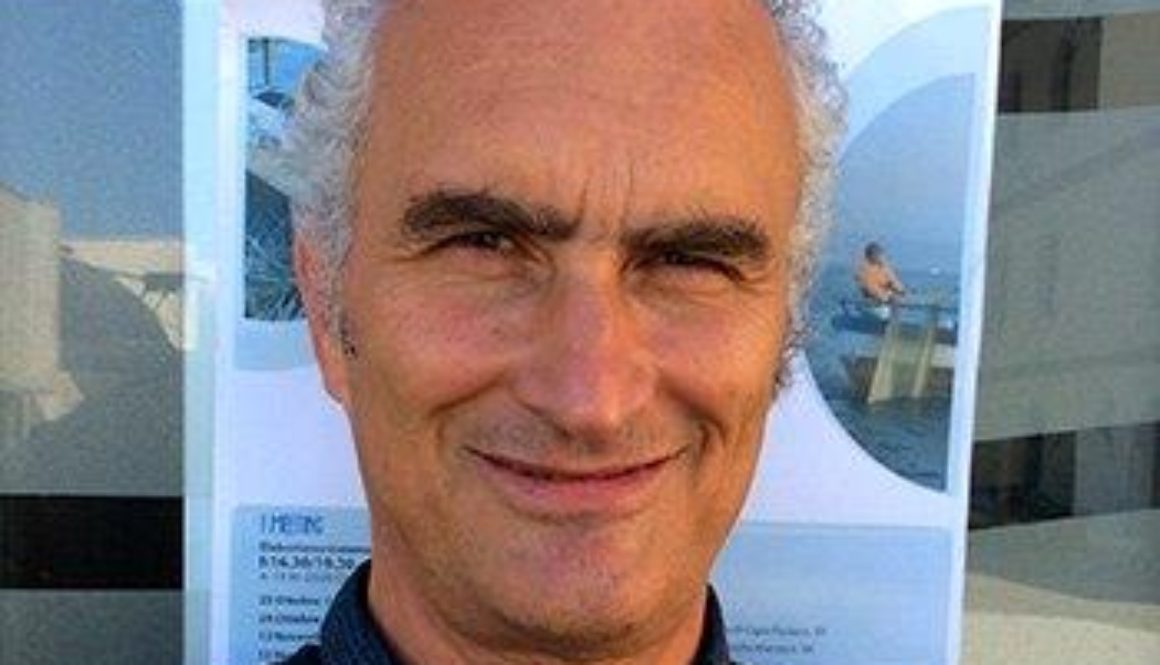

Catania, 16th of May 2018
Claudia Orlandini
In the framework of its three years project “Mainstreaming small-scale low impact fisheries in the Mediterranean” funded by the MAVA Foundation, LIFE plans to reinforce its presence on the ground in order to provide increased support to the small-scale fishing communities in the region (click here for more information on the project). Following a comprehensive interview process Prof. Iuri Peri was selected to help LIFE in this important task across Italy but with special attention given to Sicily. Iuri is currently working as researcher in the University of Catania and has extensive experience in agricultural economics. He has produced a number of important papers in cooperation with international research networks focusing on sustainable rural development and small-scale fisheries. Iuri speaks fluent Italian, English and French and will surely be a valuable addition to the LIFE team, making the voice of our Mediterranean members heard and generating positive changes both on the ground and at European level.
Good morning Iuri, and welcome! What attracted your interest in LIFE and why did you want to work for the platform?
I was really impressed when I read about the vision of LIFE, one that I deeply share and to which I hope to be able to contribute, especially with a view to implementing activities that benefit the small-scale fishing sector in Southern Europe.
With a background as researcher in the University of Catania, you carried out academic work on a number of aspects relating to the socio-economic dimension of small-scale fisheries. Could you describe to us the features of Sicilian small-scale fisheries?
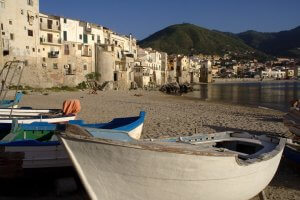 The Sicilian small-scale fisheries sector represents 23% of the Italian fleet and produces 18% of national seafood products. Therefore, the Sicilian fleet is the one that best represent the Italian small-scale fisheries sector, both in terms of capacity (number of vessels and tonnage) and activities (in terms of fishing effort and catches). Small-scale fisheries are the most widespread in Sicily, making up the most important segment in terms of number of boats, representing 67% of the Sicilian fleet. It employs 41.7% of the regional fisheries workforce, with more than 3.000 fishers.
The Sicilian small-scale fisheries sector represents 23% of the Italian fleet and produces 18% of national seafood products. Therefore, the Sicilian fleet is the one that best represent the Italian small-scale fisheries sector, both in terms of capacity (number of vessels and tonnage) and activities (in terms of fishing effort and catches). Small-scale fisheries are the most widespread in Sicily, making up the most important segment in terms of number of boats, representing 67% of the Sicilian fleet. It employs 41.7% of the regional fisheries workforce, with more than 3.000 fishers.
Sicilian small-scale fisheries reflect national dynamics, in other words the dramatic decline of the sector, both in terms of number of boats and workforce, in parallel with the aging of the workers of the sector. There are a number of factors which triggered this evolution such as general trends in costs, European policies, changes in consumption models and life styles, the aging of the population and the constant decline of fish stocks. All this contributed to the erosion of the cultural heritage constituted by artisanal fisheries.
Based on what you just described, what are the main challenges ahead for the small-scale sector in Italy and Sicily and how can LIFE help overcome these?
Based on the researches I carried out in past years I am convinced that to trigger positive development processes we should on the one hand carry out timely economic analysis and on the other hand study more in depth the social, political and institutional (that is to say governance-related) aspects that regulate and influence those processes. This is very true especially if we look at small-scale fisheries, as these have been at the centre of international and regional institutional debates only for a short time. There is still a lot of work ahead to reinforce cooperation among fishers and to build a relation of trust between fishers and institutions, working together to reverse the decline of the sector.
We know that to ensure an effective management of fisheries it is key to involve the sector in decision-making process and ensure a bottom-up approach. How can we best strengthen this approach in Italy and Sicily?
Based on my experience I think that only by a concrete engagement with fishers and their families it is possible do identify the right strategies to be shared with the other stakeholders, including civil society, academics and policy makers. Only through a participative bottom-up approach we can generate the best conditions to improve the social and economic well-being of the sector.
Co-management is an approach to fisheries management that, in most of the local case studies where it has been put into practice, enabled improvements in governance and sustainable management of fishing resources. Do you have examples at Italian level where co-management was successfully put in place and that you would recommend as best practice to be replicated elsewhere?
Co-management is a key moment in the identification of strategies to guarantee the socio-economic and economic sustainability of small-scale fisheries. In Sicily, the COGEPA system that came into force some years ago proved to be a very interesting experiment which allowed a true involvement of fishers in shared management. I think this model would be a good starting point to be replicated at regional and even national level.
What is the first thing you will do in the framework of LIFE’s project?
I would like to start by identifying the right strategies to strengthen human and social capital in the small-scale fisheries sector, which for years has been blatantly ignored by institutions at all levels, and which is especially needed in such a complex area as the Mediterranean.
♦ ♦ ♦
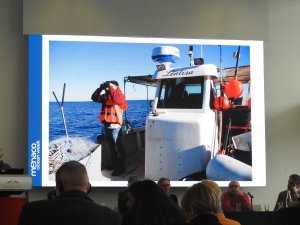
The European small-scale coastal fisheries sector (SSCF) – defined as fishing from vessels less than 12 metres and using non-towed gears is overlooked, misunderstood, and poorly represented. It is Europe’s majority fleet, comprising 70-80% of the Europe’s fishing fleet by numbers, both at EU level and in the Mediterranean. For decades it has been excluded from the Common Fisheries Policy (CFP), and has lacked a voice in the decisions that affect its prospects.
The Low Impact Fishers of Europe and the ECOMERS Laboratory of the University of Cote d’Azur jointly organized an event as part of the Monaco Ocean Week on Wednesday April 11 2018 in Monaco to draw attention to the SSCF as part of the solution to the problems facing the Mediterranean.
The event aimed to highlight the strengths and potential of SSF in the Mediterranean to make a difference and to find solutions to the problems of overfishing, marine litter, environmental degradation, and to contribute to knowledge of the marine environment and the dynamics of fish stocks.
Panellists included (click on each name to access the corresponding presentation):
Panel 1: Adding Sustainability along the Value Chain: from Sea to Plate
Panel 2: Getting the Governance Right
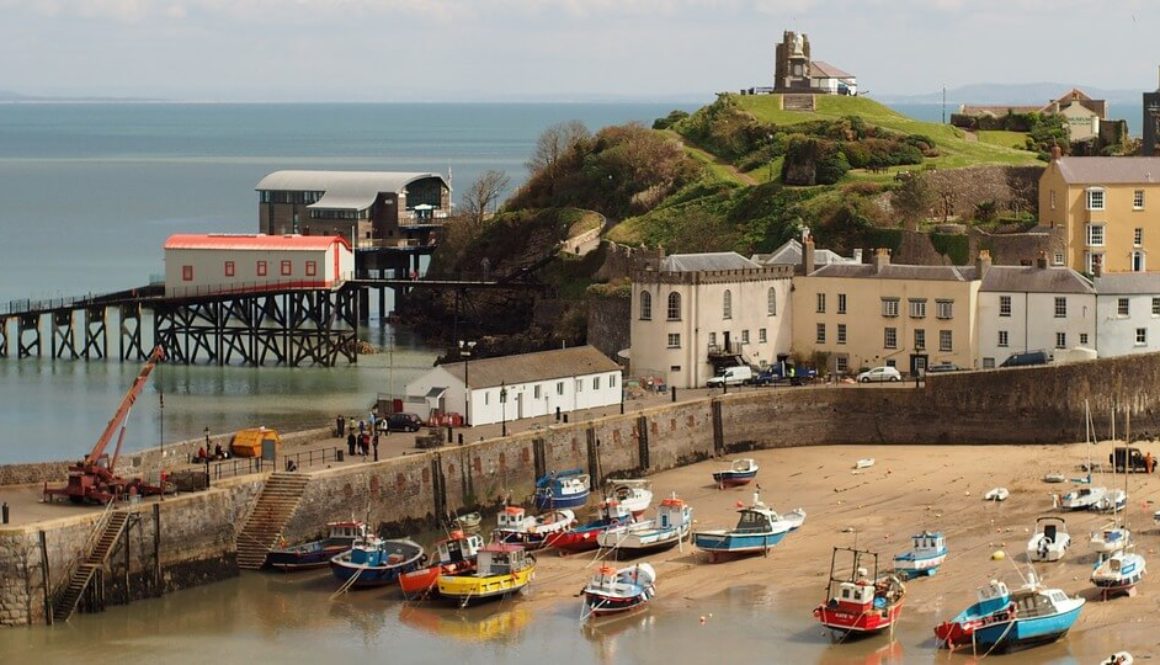
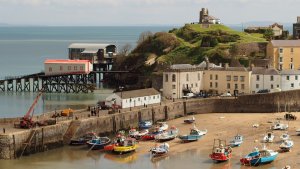
Thursday, 3 May 2018
The personal perspective of Jeremy Percy, Chairman of the Coastal PO
and Executive Director of the Low Impact Fishers of Europe
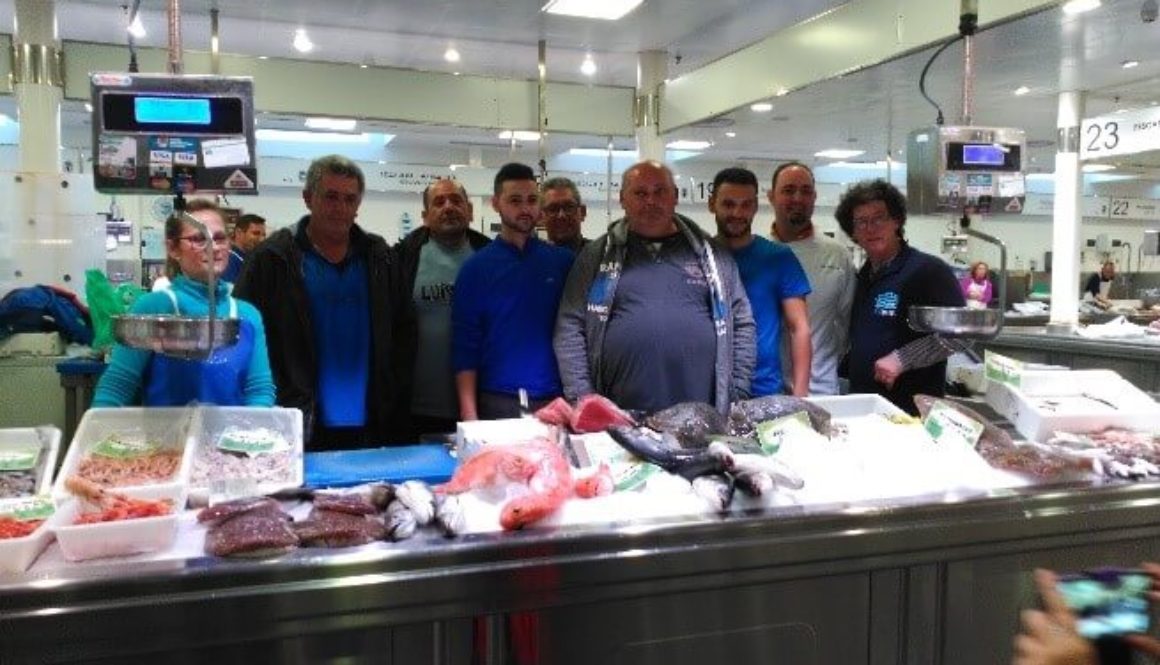
El boletín de Marzo 2018 incluye:
Clique este enlace por las Noticias desde la Cubierta – Marzo 2018

The member organizations of LIFE in Spain present amendments to the “Comprehensive Management Plan for the conservation of fishery resources affected by fisheries carried out with purse seines, trawls and passive gears in the Mediterranean coast of Spain”.
Access the official PR in ENG/ES here
Access the official document in ES here
Las organizaciones miembro de LIFE en el mediterráneo español presentan alegaciones al “Plan de Gestión Integral para la conservación de los recursos pesqueros en el Mediterráneo afectados por las pesquerías realizadas con redes de cerco, redes de arrastre y artes fijos y menores”.
Acceda a la Nota de prensa oficial en ENG / ES aquí
Acceda al documento oficial en ES aquí
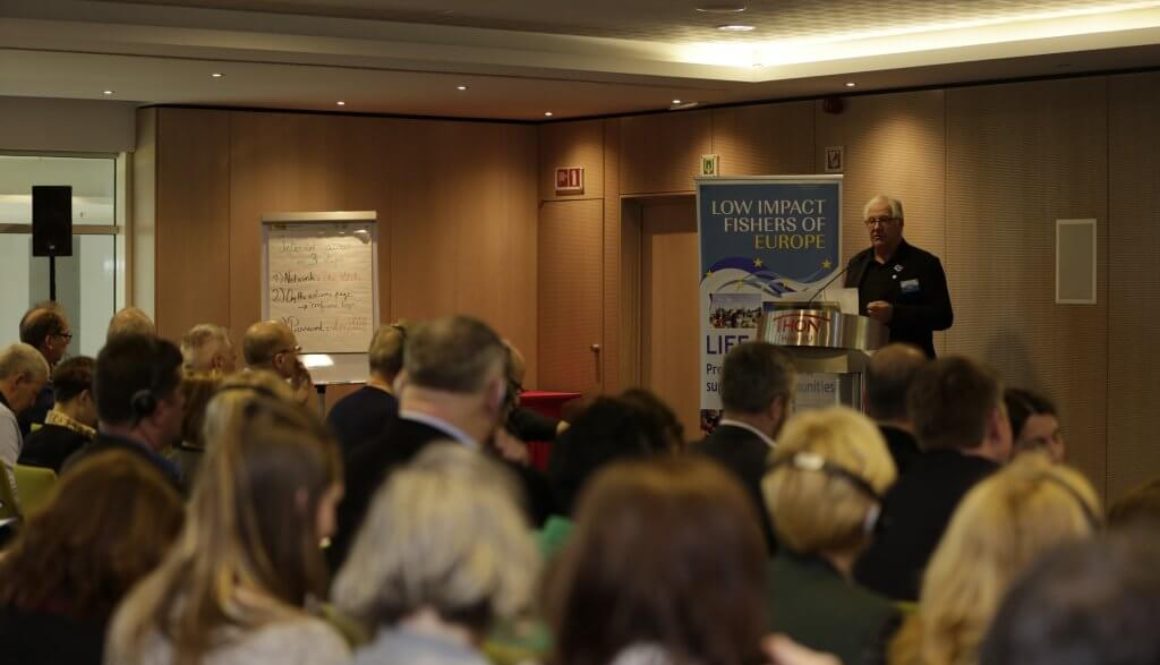
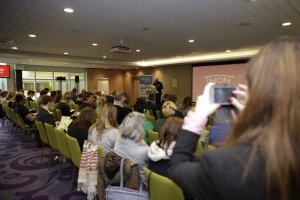
Two-year EU-funded project supporting small-scale fishers across the
Baltic and North Sea celebrates its closure with well attended gathering in Brussels
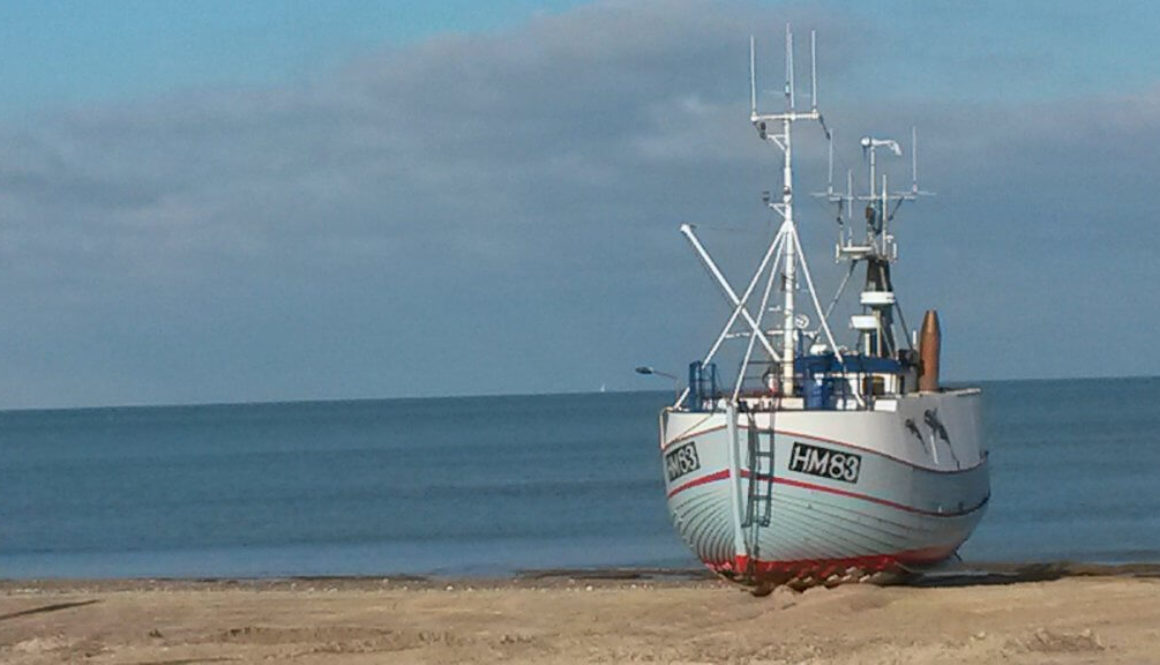
El boletín de Febrero 2018 incluye:
Clique este enlace por las Noticias desde la Cubierta – Febrero 2018
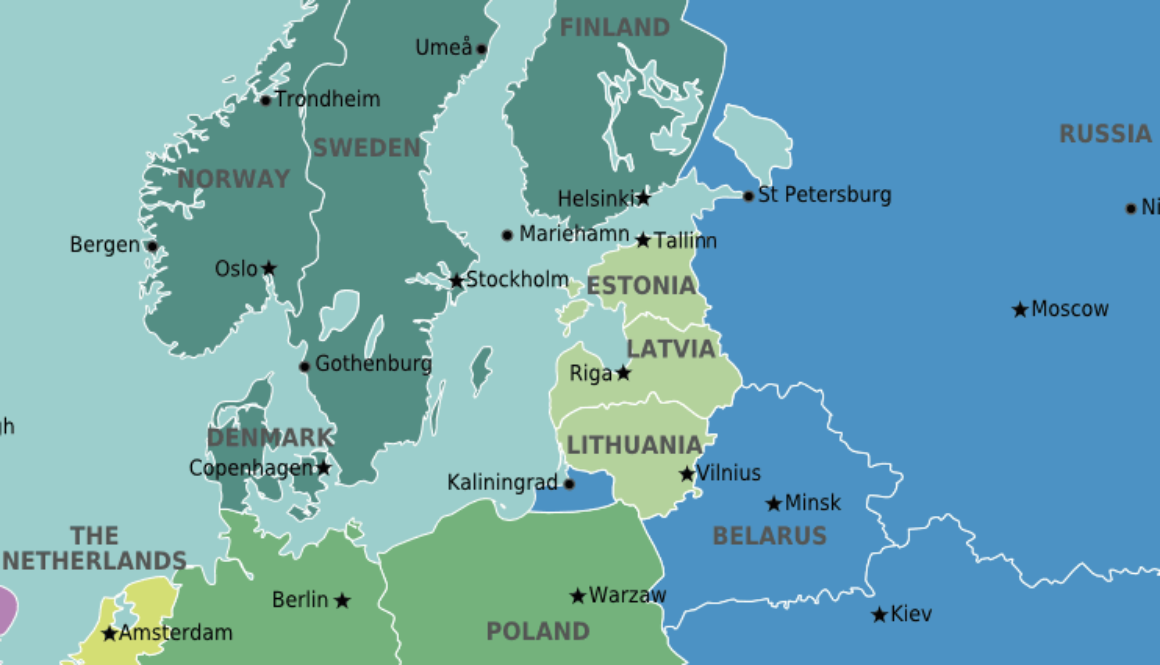
Article 17 and illegal discarding in the Baltic Sea: LIFE writes to Danish Minister Karen Ellemann and urges immediate action!
Access the official letter here
Access the official reply of the Ministry here